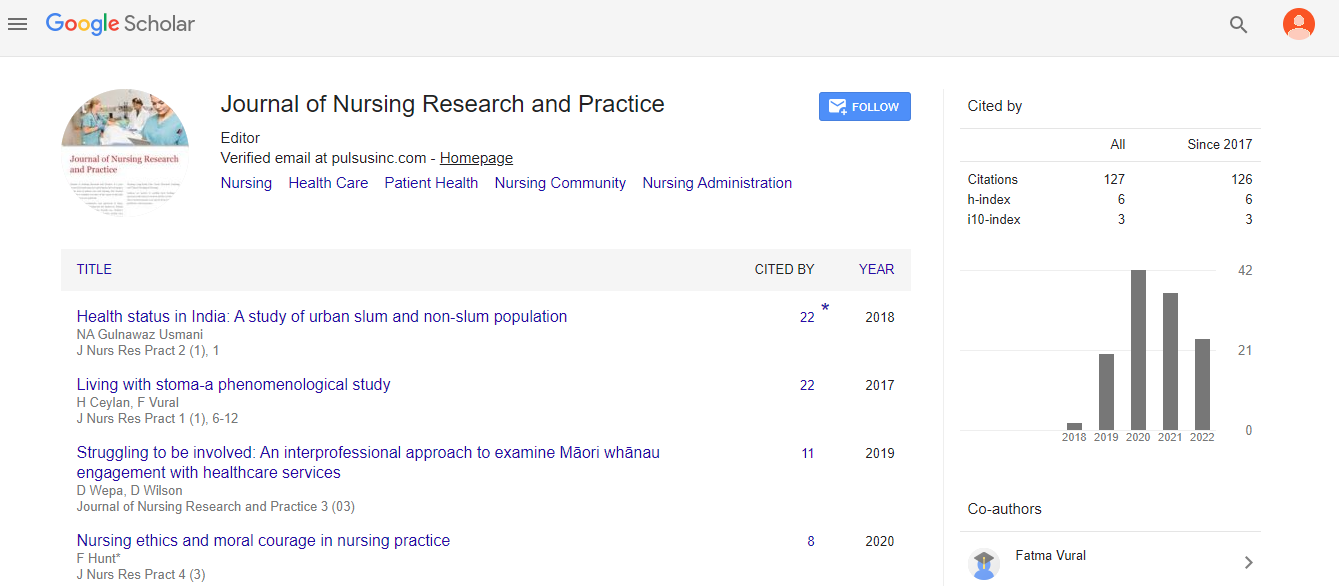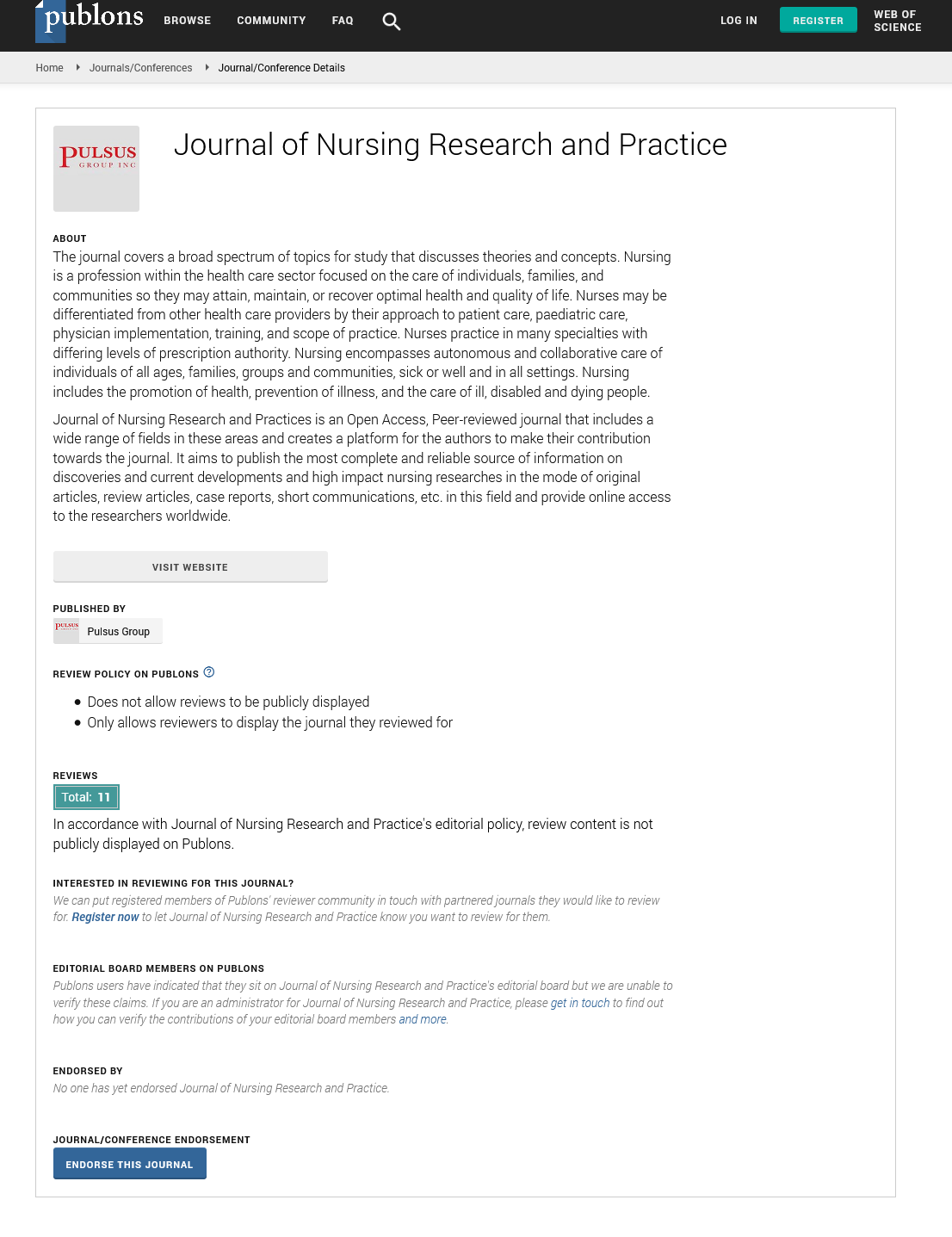
Sign up for email alert when new content gets added: Sign up
Effects of the technology-based motivation program on self-efficacy and physical activity level of an adolescent with overweight: case report
Joint Event on 45th World Congress on Nursing Care & 8th European Breast Congress
December 11-13, 2017 | Rome, Italy
Cigdem Ceylan and Ebru Kilicarslan Toruner
Gazi University, Turkey
ScientificTracks Abstracts: J Nurs Res Pract
Abstract :
Background & Purpose: Childhood obesity is an important public health problem due to significant physiological and psychological health problems. Physical activity plays an important role in preventing childhood obesity. Attempts like increasing self-efficacy, creating target and motivation are important to prevent childhood obesity. For this reason, motivational interviewing can be used as a therapeutic communication technique. Motivational interviewing is a technique that emphasizes the autonomy of the individual for change and aims to increase the internal motivation of the person to encourage behavioral change in long term. This case study was aimed to research the effectiveness of motivation program in an adolescent├ó┬?┬?s selfefficacy and physical activity level. Methods: YA (girl) aged 15 years, was a student in a high school and in 10th grade. Five-week motivation program was implemented by researchers. Motivational interviews (├»┬ü┬ż30 min) with adolescent were conducted three times via teleconference. Also, text messages were sent on every day to motivate adolescent in the beginning and at the end of the day. On the first day, descriptive characteristics information form, Self-Efficacy Scale for Children, Pediatric Quality of Life Inventory for Children, and Exercise Evaluation Form were applied. Her height, weight and step count per one week were measured before and after the program. After the step follow up, motivational interviews (MI) with adolescent were conducted three times over the one-week interval. One week later from the last interview, program evaluation form was applied to the adolescent as well as previous data forms. Results: YA├ó┬?┬?s BMI scores at the beginning and the end of the program were 24.53, 24.14. Adolescent's average number of steps before the program was 8211 per week, and at the end of the program was 11775 per week. Average scores of Self-Efficacy Scale for Children (SEQ-C) (pre 71; post 80) and Pediatric Quality of Life Inventory for Children (PedsQL) (pre 1775; post 1975) have increased at the end of the program. When exercise behaviors of adolescents were examined, it has been determined that the scores gradually increase in Exercise Evaluation Forms. The adolescent stated that her knowledge level about physical activity (pre 4; post 9) and confidence (pre 4; post 10) increased and her satisfaction level from the program was 10 out of 10. The three motivational interviewing sessions├ó┬?┬? fidelity (global dimensions) evaluated with the coder were 4, indicating competency in motivational. According to the MITI Code the clinician proficiency and competency thresholds were: Global Clinician Ratings├ó┬?┬? average of 4 indicates competency in motivational interviewing session. To achieve beginning proficiency, the MITI indicates that at least 50% of the total number of questions must be open-ended, at least 40% of all reflections need to be complex and at least 90% of all total number of sentences must be MI-Adherent. The reflection to question ratio and percent MI-adherent were detected low than the recommendations for the beginning proficiency. Conclusions & Implications: Technology-based motivation program was found effective on the adolescent├ó┬?┬?s self-efficacy and physical activity level. Motivational interviews were also assessed as a process evaluation. Programs like motivational interviews are important to improve the promotion and maintenance of health in adolescents
Biography :
Cigdem Ceylan completed Nursing Bachelor Programme in Dokuz Eylul University Nursing Faculty in 2010 and Master’s degree in Gazi University Health Sciences Faculty in Pediatric Nursing field in 2014. She continued her Doctorate in Gazi University Health Sciences Faculty in Pediatric Nursing field since 2014. She has been working as a Research Assistant in Abant Izzet Baysal University Bolu Health School in Pediatric Nursing field since 2012 to 2014. She has been working in Gazi University Health Sciences Faculty in Pediatric Nursing field as a Research Assistant since 2014.





